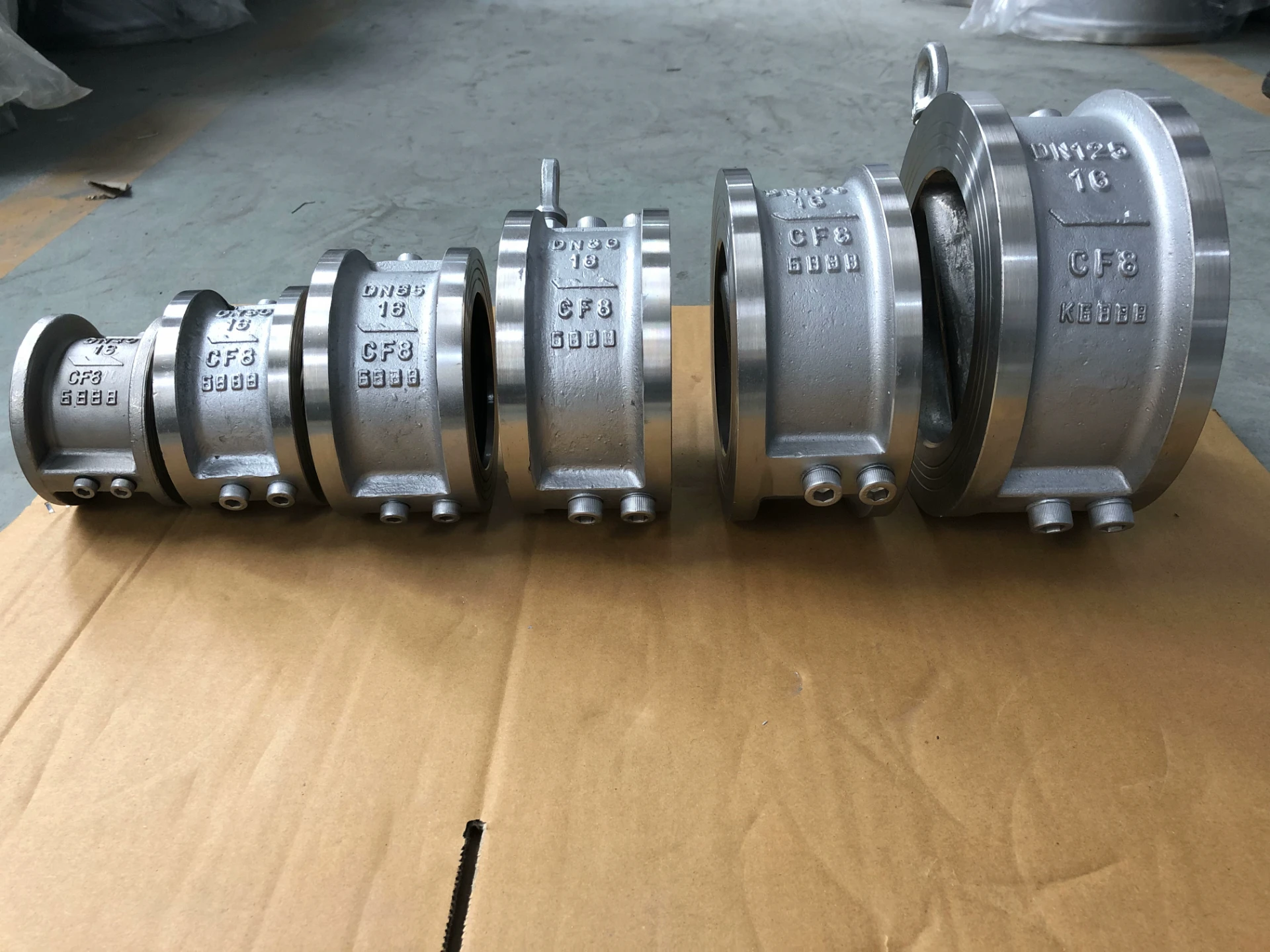Types and Applications of Plug Valves in Industrial Systems
Understanding Plug Valve Types
Plug valves are crucial components in various industries, providing efficient flow control for a wide range of applications. Their design features a cylindrical or tapered plug that rotates within a cylindrical valve body, effectively controlling the passage of fluids. The simplicity of their operation, combined with robust construction, makes plug valves a popular choice for many engineers and designers. This article delves into the types of plug valves, their characteristics, applications, and benefits.
Types of Plug Valves
Plug valves can be categorized based on various features, including design, actuation method, and material construction. Here are the primary types
1. Solid Plug Valve This is the most basic design, featuring a solid plug that either blocks or allows flow. Solid plug valves are ideal for on/off applications. When the plug is rotated, it aligns with the flow path to permit flow or misaligns to block it. Solid plug valves are generally durable and suitable for high-pressure applications.
2. Sleeve Plug Valve This type features a cylindrical sleeve over which the plug rotates. Sleeve plug valves can provide a better seal than solid plug valves, making them suitable for applications where leakage control is critical. They are especially popular in applications requiring frequent operation, as they maintain their sealing abilities over time.
3. Lubricated Plug Valve In these valves, lubrication is used to reduce friction between the plug and body. This design allows for easier operation, especially in larger valves that may require more effort to turn. Lubricated plug valves are commonly used in gas service applications where lubricants can enhance sealing properties and prevent seizing.
4. Non-Lubricated Plug Valve As the name suggests, non-lubricated plug valves operate without the need for additional lubrication. Made from materials that reduce friction, these valves are often used in applications where cleanliness is paramount, such as in food processing, pharmaceuticals, and water service.
5. Multi-Port Plug Valve These valves have more than two ports, allowing them to control flow in multiple directions. Multi-port plug valves are versatile and can be used for diverting or mixing fluids, making them suitable for applications in processing plants where efficient routing is required.
6. Electrical or Pneumatic Actuated Plug Valve Actuation methods for plug valves can also differentiate them. Electrical or pneumatic actuators allow for remote operation, making these valves ideal for automated systems. This feature enhances operational efficiency and safety in large industrial settings.
Materials of Construction
plug valve types

The material of the plug valve significantly impacts its performance in various applications
. Common materials include- Brass Often used for low-pressure residential applications, brass provides excellent corrosion resistance and durability. - Stainless Steel Widely used in food processing and chemical applications due to its corrosion resistance and hygienic properties. - PVC and CPVC These plastic variations are ideal for applications involving corrosive chemicals and are lightweight and cost-effective. - Cast Iron Typically used in large-scale industrial applications due to its strength and durability.
Applications
Plug valves find use in several industries, including
- Oil and Gas For controlling the flow of hydrocarbons and working in environments with high pressure. - Chemical processing For safe handling of chemicals, where secure sealing is critical. - Water Treatment For regulating water flow in treatment plants. - Food and Beverage Ensuring clean and safe passage of food products.
Benefits of Plug Valves
The advantages of using plug valves include
- Simplicity Their straightforward operation results in easy installation and maintenance. - Durability Plug valves are built to withstand high pressures and extreme conditions, providing longevity in service. - Versatile Flow Control They can offer both on/off capabilities and throttling (in some designs), making them adaptable to various processes. - Low Torque Requirements The ability to rotate with minimal force saves on actuator costs and enhances ease of use.
Conclusion
In summary, plug valves are an essential part of flow control systems, available in different types to suit various applications and environments. Understanding the specific types and their features can guide engineers and designers in selecting the right valve for their needs, ensuring efficient and reliable operations in industrial settings. With continued advancements in materials and technology, plug valves will likely remain a pivotal component in fluid management for years to come.
-
The Key to Fluid Control: Exploring the Advantages of Ball Valves in Industrial SystemsNewsJul.09,2025
-
The Versatile World of 1, 2, and 3 Piece Ball ValvesNewsJul.09,2025
-
Stainless Steel Ball Valves: The Ideal Choice for Efficient Flow ControlNewsJul.09,2025
-
Optimizing Fluid Control with Ball Float ValvesNewsJul.09,2025
-
Manual Gate Valves: Essential for Control and EfficiencyNewsJul.09,2025
-
Everything You Need to Know About Butterfly ValvesNewsJul.09,2025
-
The Versatility of Wafer Type Butterfly ValvesNewsJul.08,2025




